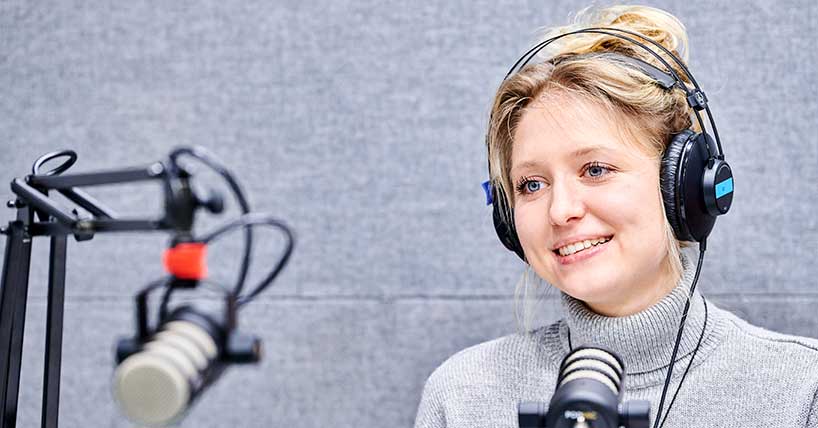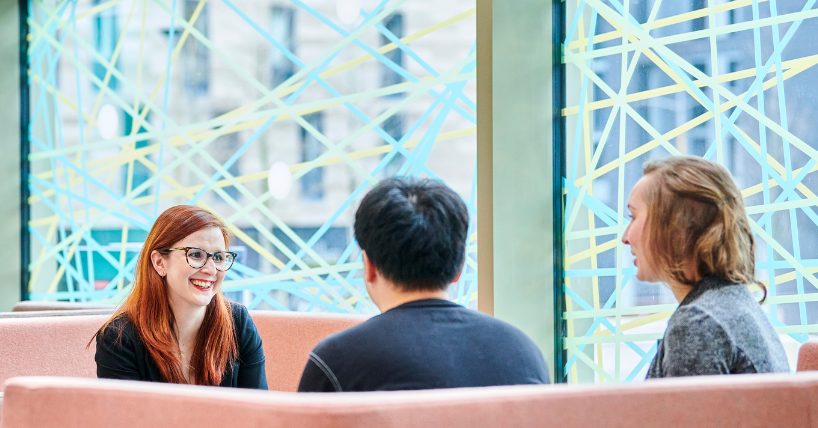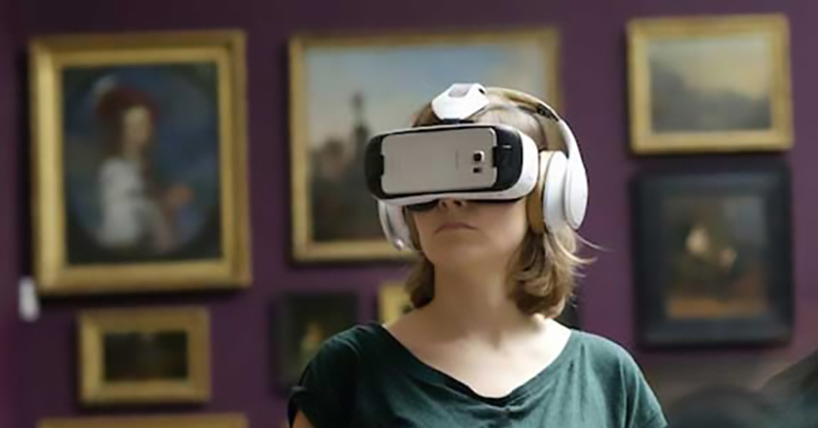School of Arts and Cultures
Our creative community
The School of Arts and Cultures is a multidisciplinary creative and performing arts school within Newcastle University. We're committed to the education of artists, along with the practice, exhibition, history and theory of art.
We provide an exceptional teaching and research environment for our students and researchers to flourish within our main subject areas:

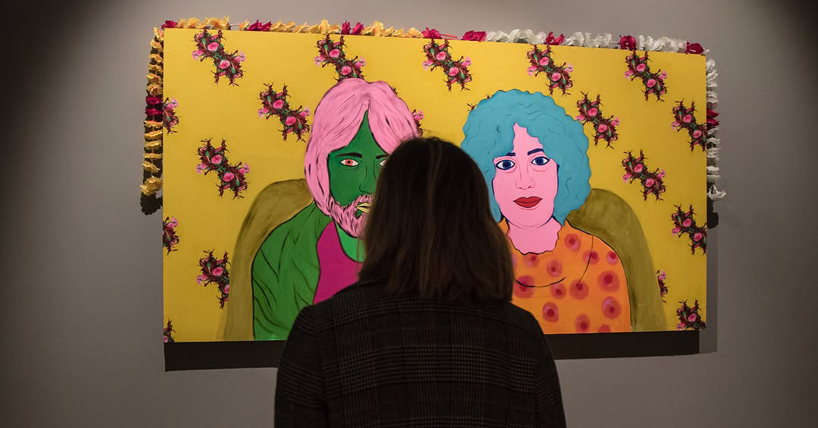
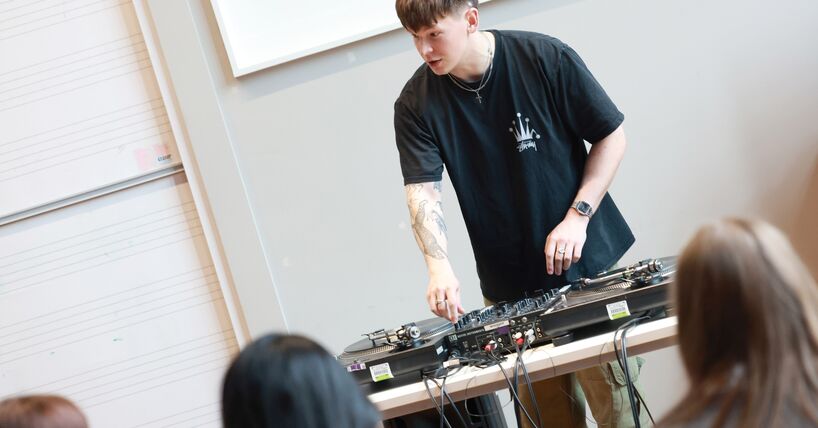
.jpg)
.jpg)
